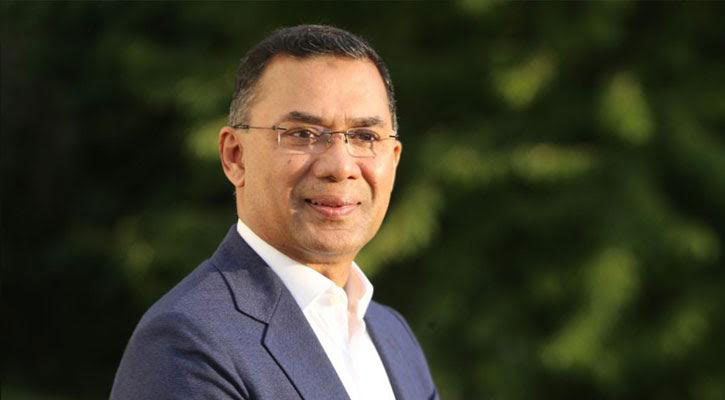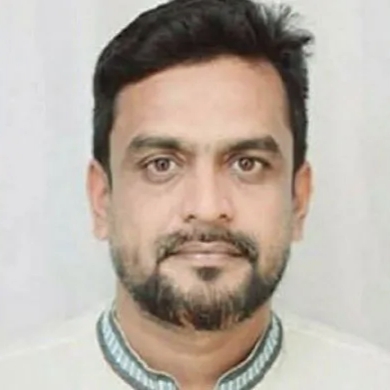Yunus and Dar Discuss Trade, Connectivity, and SAARC’s Future in Landmark Meeting
Chief Adviser Muhammad Yunus and Pakistan’s Deputy PM Call for Revitalized SAARC and Stronger Bilateral Ties

Dhaka, August 25 —
Bangladesh’s Chief Adviser, Professor Muhammad Yunus, has emphasized the urgent need to revitalize the South Asian Association for Regional Cooperation (SAARC) during a high-level meeting with Pakistan’s Deputy Prime Minister and Foreign Minister, Senator Mohammad Ishaq Dar, in Dhaka on Sunday. The meeting, held at the State Guest House Jamuna, underscored regional unity, bilateral trade, cultural exchanges, and greater people-to-people connectivity as key pillars for future collaboration between the two nations.কি
Warm Exchange of Greetings
Deputy Prime Minister Ishaq Dar conveyed greetings from Pakistan’s Prime Minister Muhammad Shehbaz Sharif to Professor Yunus. “Our Prime Minister sends you his best wishes,” Dar stated.
In response, Professor Yunus warmly recalled past discussions with the Pakistani leader. “Every time Prime Minister Sharif and I met, we spoke about SAARC. Our visions are aligned, and SAARC remains a top priority for both of us,” he remarked, extending his greetings to the Prime Minister and the people of Pakistan.
Focus on Trade and Economic Partnerships
The discussions highlighted the importance of expanding bilateral trade ties between Bangladesh and Pakistan. Deputy Prime Minister Dar pointed out that the two economies are highly complementary, offering numerous avenues for collaboration in sectors such as textiles, agriculture, pharmaceuticals, and technology.
“I feel our two economies are complementary. There are many areas where we can work together,” Dar said, reinforcing Pakistan’s willingness to expand business and investment links with Bangladesh.
The Chief Adviser reciprocated by stressing that economic cooperation should go hand-in-hand with people-to-people engagement, particularly youth and entrepreneurs. He called for platforms where young innovators, start-ups, and business leaders from both countries could collaborate on shared projects.
Yunus Calls for Revitalized SAARC
Professor Yunus reiterated that SAARC must return to the forefront of regional cooperation. Despite being dormant in recent years due to political hurdles, Yunus stressed its relevance in addressing poverty, youth unemployment, climate change, and sustainable development challenges across South Asia.
“I encourage SAARC, and I see our relationship with Pakistan and other SAARC countries as one of the highest priorities,” Yunus emphasized.
He argued that regional cooperation is essential not only for trade but also for building resilience in areas such as energy, health, and education. “Our people want connectivity. They want to feel like South Asia is a community, not just a collection of neighbors separated by borders,” he added.
Praise for Yunus’s Global Leadership
Deputy Prime Minister Dar took a moment to commend Professor Yunus for his contributions to poverty alleviation, community empowerment, and sustainable economic models.
“Bangladesh is fortunate to have a Head of Government like you — a leader who inspires the world,” Dar said.
Professor Yunus, globally recognized as the “Father of Microfinance” and a Nobel Peace Prize laureate, has long advocated for inclusive growth, social entrepreneurship, and youth-led innovation. His leadership in Bangladesh is being closely observed across South Asia as a potential driver for renewed regional cooperation.
Connectivity and Cultural Exchanges in Focus

Connectivity was another central theme in the dialogue. Deputy Prime Minister Dar announced that Pakistan’s low-cost airline Fly Jinnah is expected to launch direct flights between Pakistan and Bangladesh by October. Additionally, Pakistan International Airlines (PIA), after privatization, aims to resume direct flights to Dhaka.
“These steps will bring our peoples closer. Improved connectivity through shipping and air travel is vital for stronger economic and cultural bonds,” Dar explained.
Professor Yunus echoed these sentiments, particularly highlighting the importance of cultural diplomacy. “When Pakistani singers perform in Bangladesh, everyone appreciates their talent. That is the spirit we must build upon,” he said, underlining that cultural exchanges foster goodwill and mutual respect beyond political boundaries.
First Visit in 13 Years
Senator Ishaq Dar’s visit marks the first time in 13 years that a Pakistani foreign minister has traveled to Bangladesh, signaling a potential thaw in relations and a renewed desire for engagement.
During his trip, Dar also met with several of Bangladesh’s advisers responsible for energy and commerce, along with representatives from different political parties, broadening the scope of bilateral discussions.

Regional Stability Through Cooperation
Both leaders agreed that stronger trade, deeper cultural ties, and enhanced connectivity could contribute to a more stable and prosperous South Asia.
Professor Yunus stressed the urgency of exploring “all potential avenues” of cooperation while acknowledging that sensitive political issues remain unresolved. His pragmatic approach highlighted economic and cultural initiatives as immediate steps to rebuild trust among South Asian nations.
Dar, in turn, expressed optimism about Pakistan-Bangladesh ties and their potential impact on broader regional integration. “By working together, we can create opportunities not just for our people, but for the entire region,” he affirmed.
Outlook: A New Chapter for SAARC?
The Yunus-Dar meeting may signal the beginning of a new chapter for SAARC, which has been largely inactive in recent years due to geopolitical challenges. With both Bangladesh and Pakistan openly endorsing its revitalization, momentum may be building for renewed regional dialogue.
Observers believe that Yunus’s global reputation and Pakistan’s renewed diplomatic outreach could encourage other SAARC members, including India and Nepal, to re-engage in meaningful discussions.
As Yunus noted: “We must not allow political issues to paralyze opportunities for progress. Our people deserve better.”
Conclusion
The meeting between Chief Adviser Muhammad Yunus and Deputy Prime Minister Ishaq Dar represents more than just a courtesy call; it reflects a shared commitment to revitalize regional cooperation in South Asia. By focusing on trade, youth engagement, cultural exchanges, and connectivity, both leaders are positioning Bangladesh and Pakistan as proactive players in reshaping the SAARC agenda.
The road ahead may not be easy, but this dialogue sets a hopeful tone for a more connected and cooperative South Asia.


























আপনার মতামত লিখুন
Array